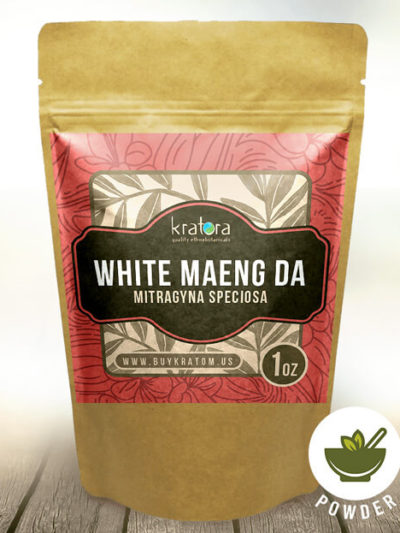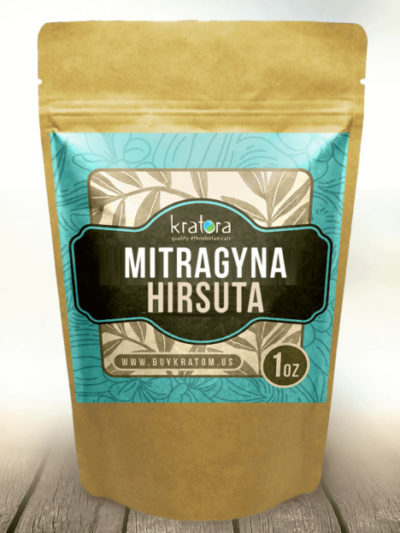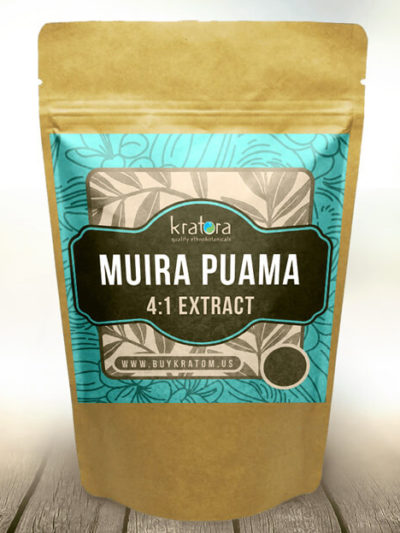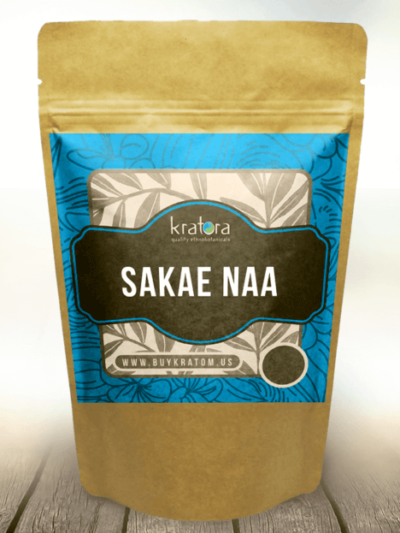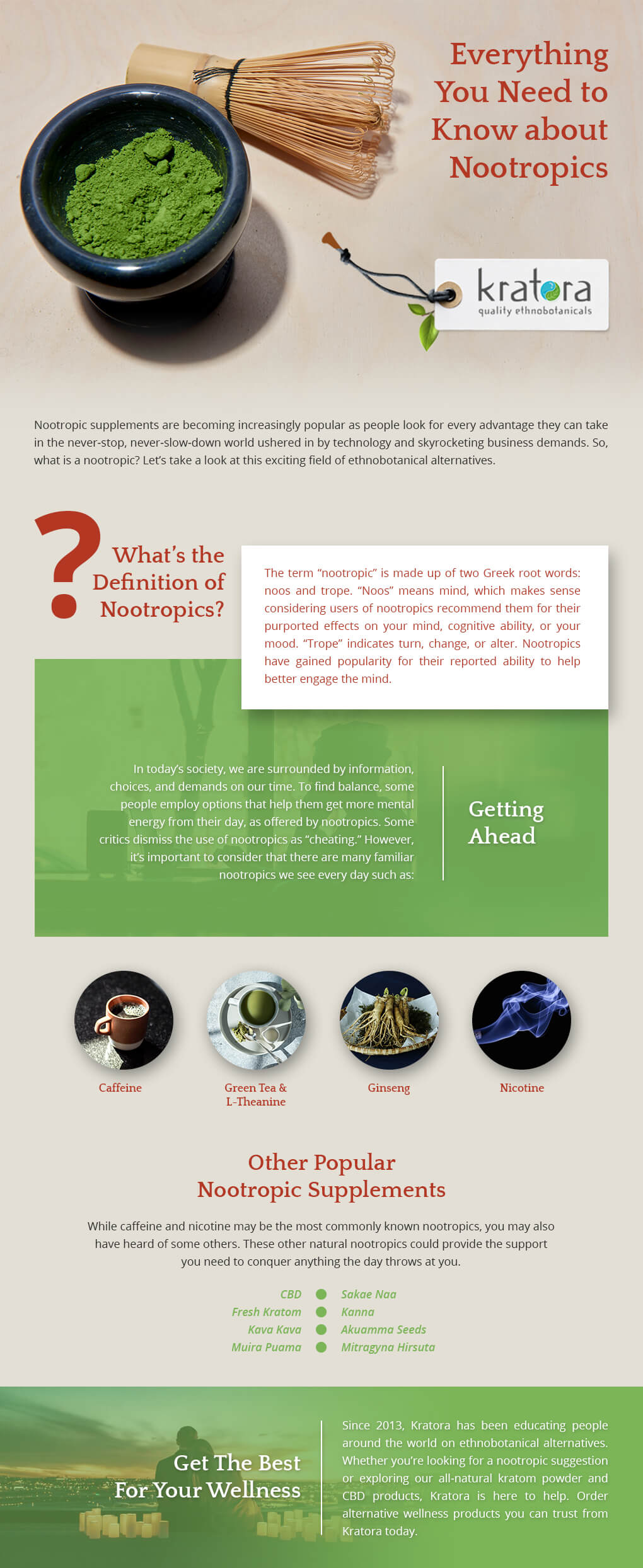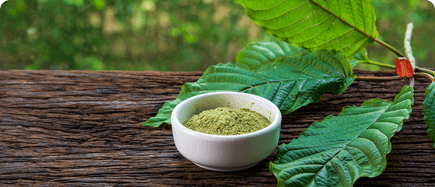If you’re looking for the definition of nootropics, you aren’t alone. Nootropic supplements are increasingly popular as people look for every advantage they can take in the never-stop, never-slow-down world ushered in by technology and skyrocketing business demands. For many, nootropics have become as common as their morning coffee, providing the get-up and go they need to keep up with the day without the overwhelming jitters of artificial enhancements. So, what is a nootropic? Let’s take a look at this exciting new field of ethnobotanical alternatives.
What’s The Definition Of Nootropics?
The term “Nootropic” is made up of two Greek root words: noos and trope. “Noos” means mind, which makes sense considering nootropics are almost exclusively used for their purported effects on your mind, cognitive ability, or your mood. Alternatively, “trope” means turning and represents exactly why many people begin their research into nootropic supplements: To help get their cognitive wheels spinning.
That’s the etymology behind the word, and in general, it accurately describes nootropics intended purpose. Also called “smart supplements,” nootropics have gained popularity for their perceived ability to help better engage the mind, making their users smarter. While the definition of a nootropic could be as simple as a fortifying vitamin or mineral lacking in your everyday diet, they can also be defined as substances (botanic or otherwise) that act directly on receptor sites in the body to change or adjust our mind’s behavior or response time.
Getting Ahead
In today’s society, we are continually surrounded by information, options, and demands on our time. From constant social media updates to the instantaneous gratification built by a “Prime” driven society, families, educational institutions, employers, and governmental agencies are asking for increasingly complex standards to be met. This leaves people feeling like they are constantly falling behind or that they need to choose what part of their life they need to sacrifice to fulfill others. After all, there are only 24-hours in the day, and each one comes at a premium.
To help them cope, some people turn to substances that help them get more from their mind and their day — the definition of what nootropics offer.
Some critics dismiss the use of nootropic supplements as “cheating” or “exploiting illicit substances;” but, it’s important to remember that there are common nootropics we see on the market (and use) every day. For example:
- Caffeine – Commonly found in coffee, tea, energy drinks, and soda, many people drink multiple servings of these beverages per day to help improve alertness and focus.
- Green Tea and L-Theanine: L-Theanine is a powerful amino acid found in tea leaves. Most prevalently found in green tea varieties (like matcha), L-Theanine helps boost GABA chemicals in the brain to lower stress hormones which can hinder the brain’s ability to learn and retain information.
- Ginseng: A powerful Chinese herb found in a variety of ready-to-buy US drinks, studies have found that ginseng can boost energy and may improve our brain’s thinking processes and cognition abilities.
Other Popular Nootropic Supplements
While caffeine and nicotine may be the most commonly found nootropics, they aren’t the only options available. Formulated for effectiveness and manufactured to the highest quality standards, these natural nootropics are providing the support you need to conquer anything the day throws at you.
-
Energy
White Vein Maeng Da Kratom
From $12.99 Shop Now This product has multiple variants. The options may be chosen on the product page -
Energy
Mitragyna Hirsuta Powder
From $9.99 Shop Now This product has multiple variants. The options may be chosen on the product page -
Out of Stock
Body and MindMuira Puama 4:1 extract
From $5.99 Shop Now This product has multiple variants. The options may be chosen on the product page -
Combretum Quadrangulare (Sakae Naa)
From $9.99 Shop Now This product has multiple variants. The options may be chosen on the product page
- CBD – In the last few years, cannabidiol (CBD) has exploded onto the scene. Derived from industrial hemp, the active compound cannabidiol supports optimal endocannabinoid system wellness in the human body. This system plays an important regulatory role in many bodily systems, including mood, focus, and the central nervous system. Available in capsules, edibles, and the ever-popular oil, CBD is often used in conjunction with a morning cup of coffee to add a long-lasting pep.
- Fresh Kratom – The Mitragyna speciosa plant is a small evergreen tree native to Southeast Asia. An important ethnobotanical to the region, particularly where modern medicine is not easily accessible, kratom is used by the indigenous people to help alleviate pain, improve alertness, and promote a calmer demeanor.
- Muira Puama – Found in the Amazon rainforests, the bark, and leaves of this plant are traditionally used to help boost cognitive functions, making it fit under the nootropic definition, but it could also help enhance the libido. Some buyers consider it as one of the most promising nootropic supplements.
- Sakae Naa – An Indonesian kratom alternative, this tree-like plant became a popular replacement when kratom was banned.
- Kanna – A supplement from South Africa, this succulent is renowned for its purported effects which are described as both energizing and soothing. Studies on Kanna suggest that it may also help control appetite, making it a popular option for people who need to be on-the-move all day long.
- Akuamma Seeds – Said to offer a soothing experience like that attributed to kratom, studies on Akuamma suggest that this West African botanical has a similar alkaloid structure that also targets Mu opioid receptors.
- Mitragyna Hirsuta – A close cousin to kratom, some buyers have described it as a milder version of kratom.
Get The Best For Your Wellness
Since 2013, Kratora has been educating people around the world on the ethnobotanical alternatives available from different countries. Whether you’re looking for an ethnobotanical supplement with a nootropic boost or exploring our all-natural collections of kratom powder and other ethnobotanicals, Kratora is here to help you find sustainably farmed and safely packaged products that fit your life. Contact our customer care department today if you have any questions, and order alternative wellness products you can trust from Kratora today.
Please note that the US FDA has not approved kratom to be sold for human consumption, sold for external use only. None of the products sold on our website are intended to diagnose, treat, cure, or prevent any disease or medical condition.
Want to learn more about kratom quality and value? Start here:
Why Buying Cheap Kratom Can Be Dangerous


